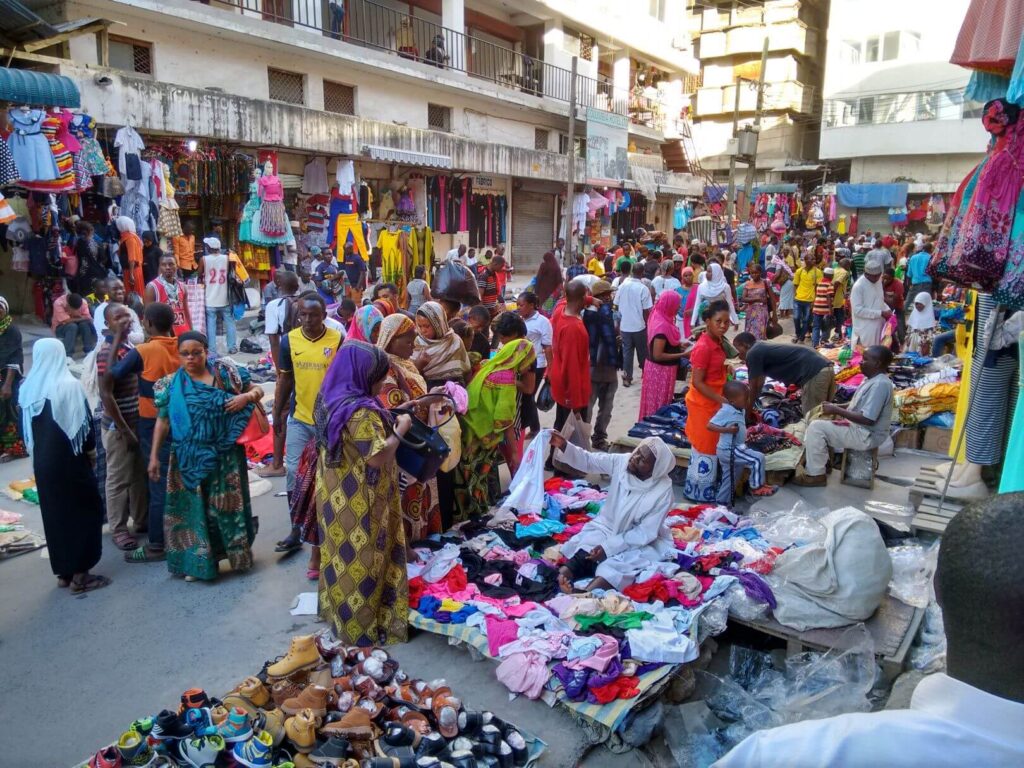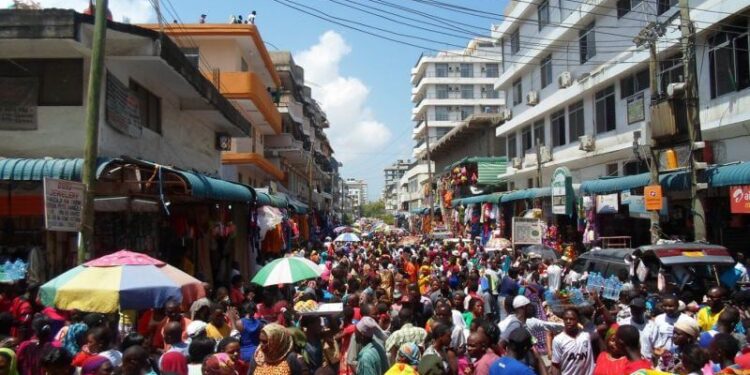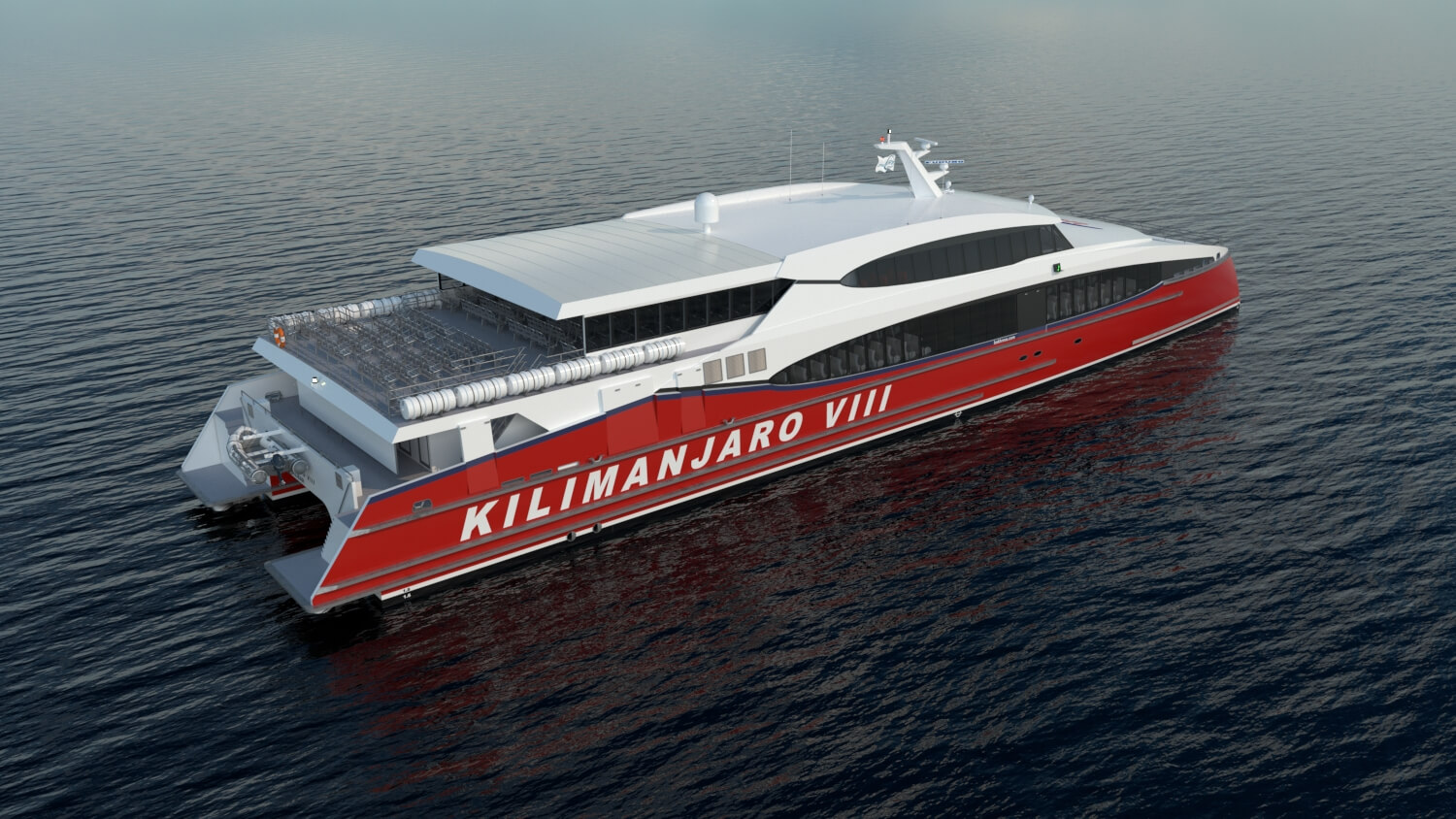Pedestrians and motorists face hardship to transvers some congested streets at Kariakoo business district in Dar es Salaam commercial city, the largest in the country.
It is still surprising that the situation has persisted even after the sixth phase government under President Dr. Samia Suluhu two years ago commissioned the district authorities to come up with more convenient areas whereby petty traders popularily known as ‘Machinga’ could conduct their trading activities more comfortably.
The aim of the government was to decongest commercial cities and towns in most parts in the country that had been flocked by petty traders who became a nuisance to motorists as well as passersby.
The order commissioned by Head of State to embark on the relocation exercise was immediately responded countrywide despite the fact that the majority petty traders were not happy with the move that required them not to trade in restricted areas.
It’s however very disappointing to note that, the situation at Kariakoo trading hub especially along the famous busiest Msimbazi and Congo streets remained adamant as business continues as usual on daily basis.
A spot check at the scene proved that, petty traders have turned a deaf ear and have failed to operate in in accordance with the Municipal laws.

Business especially during festive season of the holy month of Ramadan is at its peak and a survey by The Business Wiz (TBW) established that petty traders have become a nuisance to passersby making it hard for shoppers to move conveniently.
One is sometimes to jump over some petty traders’ merchandises spread on the ground to skip any harassments as most open spaces are bustling due to larger crowd of people in such a manner that is causing inconveniences while traversing.
A spot check by this writer reveals the situation is quite intolerable as petty traders have spread down their merchandise with others are holding them while standing in narrow street pavements and along pedestrian walkways thus causing inconveniences to motorists as well as window shoppers.
The most dramatic turn is along Uhuru Street towards Mnazi Mmoja main commuter bus stand where some few petty traders can be seen stationed make shift mobile tables that look like business stalls.
These have almost occupied some parts of the road reserve along Uhuru Street which is a single lane traffic way, hence their presence poses dangers to pedestrians who interlock one another while traversing to evade speeding motorists.
Tabu Shaibu Ilala Municipal Council Public Relations Officer when contacted said, “the council has undertaken various efforts to curb the increasing number of petty traders but in vain”.
He added, “Plans are underway to relocate the petty traders. There are certain areas and streets that were ordered by the authorities to be left untouched and ordered to continue without interferences”.
Shaibu noted that during the operation, some city streets at Kariakoo Business District were ordered to continue trading as usual and that petty traders in those areas should not be inconvenienced.
The areas or streets she mentioned includes the famous Kongo Street which is overwhelmed by traders as the government is still looking for an alternative to build markets in far flung areas depending on the availability of funds.
Others are Nyamwezi, Aggrey, Raha, Swahili, Muhonda and Sikukuu streets.
According to a source that spoke to TBW on condition of anonymity, there are no open spaces within the city which are more convenient and suitable for trade unless otherwise demolition of permanent structures should be done to pave the way an aspect which is too expensive and quite impossible.
The same situation can be seen on the city’s outskirts and is now growing at an alarming rate as petty traders have clogged in commuter bus stands as if such places are designated to be market places.
At Buguruni market for example, petty traders do their businesses in extremely pathetic situation and sometimes customers tend to shun their products after taking a glimpse of the edible products such as onions, tomatoes and other consumable products.
The ongoing operation of relocating petty traders commonly known as ‘Machingas’ countrywide has become a big thorn as most of them are now facing inconveniences when confronted by law enforcers in a fracas that results into the confiscation of their merchandise.
The president’s order requires the authorities concerned to conduct the exercise in an appropriate manner without harassing them and instead relocate them to more designated areas for safety.
Responding to President’s order when contacted for comments, the Chairman of the Small Traders
Association popularly known as Vibindo Goston Gikuyi said that, “the implementation of the president’s directives may fail compared to the magnitude of petty traders.
Citing Dar es Salaam city as an example, Gikuyi said there are no place within the city which is not flooded by hawkers adding that the situation has been fueled by high rise of unemployment rate.
Statistics by Dar City Council show that about 12 percent of the city’s over 5.5 million people engage in petty trading in most suburbs to make ends meet.
The majority conduct their businesses in restricted areas such as along the roads for easy customers.
The fifth phase government under the late Dr. John Magufuli, the government targeted to collect
80BN/- ($34.7 million) in levies from petty traders by issuing them with government identity cards.
The move which was monitored by Tanzania Revenue Authority (TRA) targeted traders whose business capital does not exceed 4m/- ($ 1,900) and had been given Identification Cards.
Data from the National Bureau of Statistics shows that Tanzania mainland has an estimated 10 million petty traders who do business in the 26 political and administrative regions. Most of them hawk goods including food or sell from stalls.
The recent annual report by the Dar es Salaam City Council (DCC) shows that there is a large influx of youths who migrate from rural to urban centers in search of jobs and better living conditions has pegged to an average of about 18 people per day.
However, the influx of youths in the city of Dar es Salaam from the countryside is a result of searching for jobs and better living conditions.
Lack of experienced personnel and poor technological skills have been cited as among the major stumbling blocks to the development of municipal councils in Eastern, Central and Southern Africa
(ECSA) currently covers eight countries Tanzania included.







